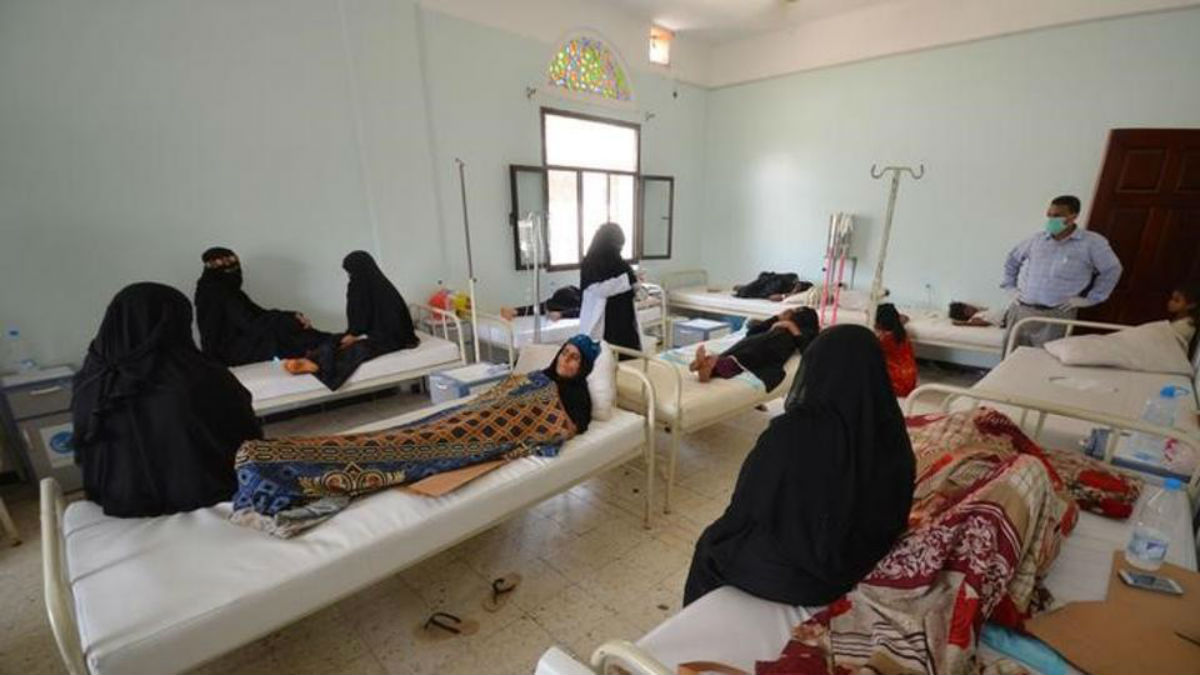
How much have we done for ‘the world’s largest humanitarian crisis’?
Hundreds of thousands are sick with cholera in the middle of a civil war
Here’s what the United Nations has to say about Yemen, which is in the grip of a civil war between Iran-backed Houthi rebels and the Saudi-backed government, with ISIS and al-Qaeda doing their best to add chaos to the chaos:
“This is the world’s worst cholera outbreak in the midst of the world’s largest humanitarian crisis. In the last three months alone, 400,000 cases of suspected cholera and nearly 1900 associated deaths have been recorded. Vital health, water and sanitation facilities have been crippled by more than two years of hostilities, and created the ideal conditions for diseases to spread.
“The country is on the brink of famine, with over 60 per cent of the population not knowing where their next meal will come from. Nearly 2 million Yemeni children are acutely malnourished. Malnutrition makes them more susceptible to cholera; diseases create more malnutrition. A vicious combination.”
The Lancet’s editorial for World Humanitarian Day, on August 19, decried the inability of the world community to quench the cholera outbreak. “As a collective humanity, the shame is ours to bear.” It argues that this tragedy could have been avoided:
Cholera has been ravaging communities for two centuries. Yet in 2017, outbreaks are entirely containable early with coordinated efforts to implement water, sanitation, and medical rehydration treatment. There is a vaccine and antibiotics exist…
Containing the cholera crisis and reinstating health and personal security for 27 million Yemeni people is the high stakes sustainable development test for how humanity can and will organise around vocalised commitments to protect the most vulnerable among us today.
Creative commons
https://www.bioedge.org/images/2008images/FB_women-hospital-hodeidah.jpg
public health
public health crisis
yemen
